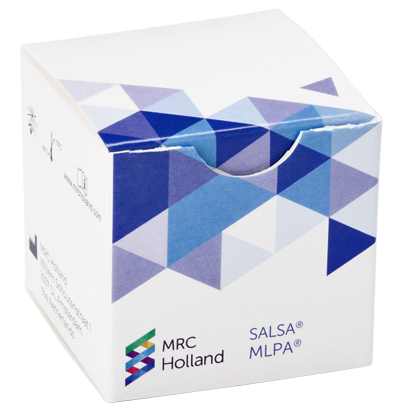Maturity-onset diabetes of the young (MODY) is a group of inherited disorders of non-autoimmune diabetes mellitus which usually present in adolescence or young adulthood. MODY presents genetic, metabolic and clinical heterogeneity, however most cases share characteristics like β-cell dysfunction with an autosomal dominant inheritance and early-onset (typically <35 years) of hyperglycaemia that is not insulin-dependent at point of diagnosis. Other characteristics include extrapancreatic features and absence of pancreatic autoimmunity markers. MODY is thought to account for at least 1-3% of all diabetes.
More information is available at https://www.ncbi.nlm.nih.gov/books/NBK500456/ and https://www.nature.com/articles/ejhg201414.
To date it has been proposed that pathogenic variants in at least 14 genes cause MODY. Each subtype is linked to a different gene. A portion of MODY may be caused by pathogenic variants in yet-to-be-identified genes or complex molecular alterations in the known MODY-related genes that were not detected by previous genetic testing methods. The four most common genetic causes of MODY are pathogenic variants in GCK (MODY 2) and HNF1A (MODY 3), each accounting for 30%-60% of all MODY, and HNF4A (MODY 1) and HNF1B (MODY 5 or renal cysts and diabetes (RCAD) syndrome), together accounting for about 10% of all MODY. MODY 5, also known as RCAD syndrome, is characterised by diabetes and nondiabetic renal disease resulting from abnormal renal development. Whole HNF1B gene deletions form a high proportion of RCAD cases. Other genes involved in MODY are listed in the table below.
| MODY subtype |
Gene |
Description |
| MODY 1 |
HNF4A |
The protein encoded by this gene regulates the expression of HNF1A. Pathogenic variants lead to β-cell dysfunction (mainly insulin secretory defect). Probes for HNF4A are included in this P241 probemix. |
| MODY 2 |
GCK |
Pathogenic variants lead to β-cell dysfunction (glucose-sensing defect). Probes for GCK are included in this P241 probemix. |
| MODY 3 |
HNF1A |
Pathogenic variants lead to β-cell dysfunction (mainly insulin secretory defect). Probes for HNF1A are included in this P241 probemix. |
| MODY 4 |
PDX1 |
Pathogenic variants lead to β-cell dysfunction. Probes for PDX1 are included in the P357 probemix. |
| MODY 5 (RCAD) |
HNF1B |
Pathogenic variants lead to β-cell dysfunction. Probes for HNF1B are included in this P241 probemix and in the P357 probemix. |
| MODY 6 |
NEUROD1 |
Pathogenic variants lead to β-cell dysfunction. Probes for NEUROD1 are included in the P357 probemix. |
| MODY 7 |
KLF11 |
Pathogenic variants lead to decreased glucose sensitivity of β-cells. Probes for KLF11 are included in the P357 probemix. |
| MODY 8 |
CEL |
Pathogenic variants lead to pancreatic endocrine and exocrine dysfunction. Probes for CEL are included in the P357 probemix. |
| MODY 9 |
PAX4 |
Pathogenic variants lead to β-cell dysfunction. Probes for PAX4 are included in the P357 probemix. |
| MODY 10 |
INS |
Pathogenic variants lead to β-cell dysfunction. Probes for INS are included in the P357 probemix. |
| MODY 11 |
BLK |
Pathogenic variants lead to an insulin secretion defect. |
| MODY 12 |
ABCC8 |
Pathogenic variants lead to ATP-sensitive potassium channel dysfunction. Probes for ABCC8 are included in the P117 probemix. |
| MODY 13 |
KCNJ11 |
Pathogenic variants lead to ATP-sensitive potassium channel dysfunction. Probes for KCNJ11 are included in the ME033 probemix. |
| MODY 14 |
APPL1 |
Pathogenic variants lead to an insulin secretion defect. |






